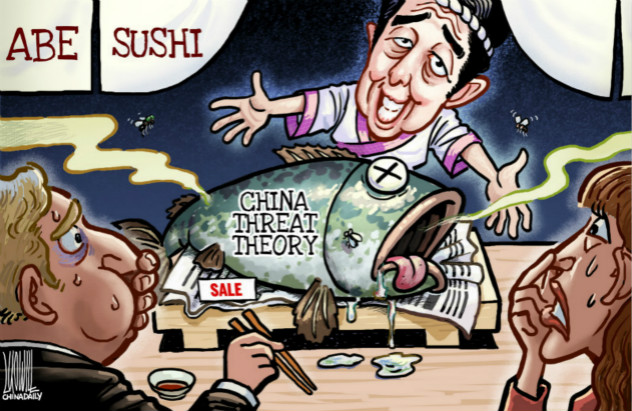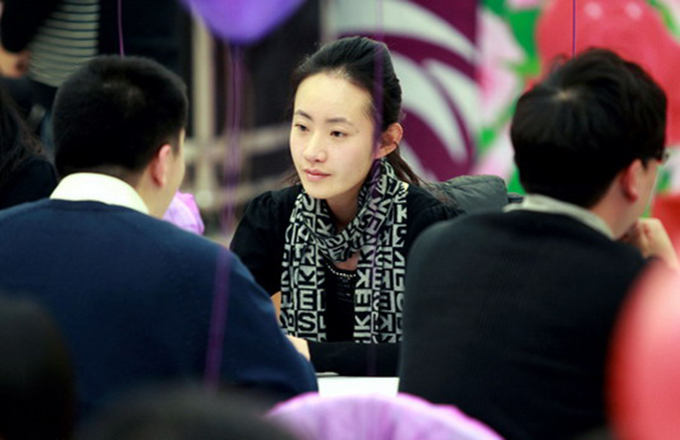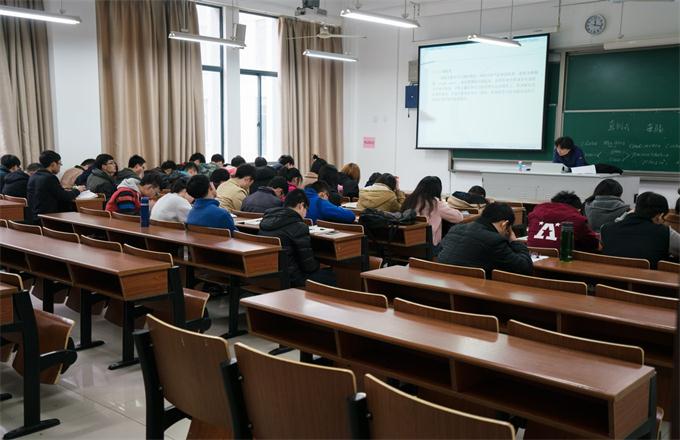Why is the refugee crisis so hard for the EU to handle?
After the horrific attack on the Berlin Christmas market, the EU’s approach to refugees is once more in the headlines. In his 2016 ‘state of the union’ address, delivered on the 14th of September to the European Parliament, Jean-Claude Juncker, the President of the European Commission, stated that:
‘When it comes to managing the refugee crisis, we have started to see solidarity. I am convinced much more solidarity is needed. But I also know that solidarity must be given voluntarily. It must come from the heart. It cannot be forced’.
Few however, would agree with his broadly optimistic tone, because the issue manifestly divides the EU at present, with some seeing it through the lens of moral obligations to assist fellow humans at risk, while others see migration more a threat to security and national identity. The nub of the refugee problem for the EU is that the capacity to deal with it lies with the individual Member States, not the EU collectively. Some, such as Germany, following Angela Merkel’s moral commitment to the open doors approach, now cruelly challenged in Berlin, have been willing to accept substantial numbers, but others, for differing reasons have resisted,
Plainly, the sheer number of displaced persons is a global challenge and is not confined to the EU. Syrian refugees alone account for some 5 million. The fall of Aleppo may, at last, signal an end to the Syrian civil war, but displaced Syrians still represent a major challenge for the EU as a close neighbour, with some 4 million in camps in Lebanon, Jordan and, especially, Turkey. By contrast, around 1.1 million Syrian applications for asylum have been received in Europe since 2011. Most of those now in Europe, are concentrated in Germany (their preferred destination), Greece and Serbia (both transit countries); only a handful of other EU countries have been willing to accept more than a few thousand Syrians. The difficulty in the EU, as a whole, is not the overall capacity to absorb refugees, but the politics of how to share the burden..
The evident preference of migrants to be settled in Germany, Sweden or (at least for some) the UK also has to be taken into account. For the UK, the scale of immigration was much the most powerful argument for voting to leave the EU. The concern for UK voters was mobility of EU workers, a right enshrined in the Union’s single market, but in the referendum campaign, it became conflated with the refugee problem, even though the latter is an entirely separate issue.
A solution proposed at the European level was to have national quotas for taking-in displaced persons, but this has proved to be politically unacceptable, especially to the countries of central and Eastern Europe. They argue that an influx of Muslim refugees would undermine their national identity in what are predominantly Christian countries and have raised questions about security. Leaders of these countries also argue that, in any case, the refugees want to go to Western Europe and would simply leave if they are initially settled in Poland or Hungary. At the informal summit of EU leaders held in Slovakia in mid-September, the Germans (who had been the strongest advocates of quotas, along with the European Commission) accepted that the idea would have to be abandoned and it was noticeably absent from the conclusions of the December European Council..
German and Swedish citizens, meanwhile, complain that their countries are being asked to shoulder an unfair burden and have become increasingly hostile to their governments’ positions on migrants. The Berlin attack, with the federal election in German now just a few months away, means that the refugee policy will inevitably become an even more heated campaign issue, likely to give momentum to the right-wind populists of the Alternative für Deutschland part which is taking votes from Merkel.
The political problem for Europe is compounded by the number of economic migrants from economically poorer areas, such as sub-Saharan Africa, also keen to move to Europe. The distinction between a refugee and an economic migrant is analytically clear, but blurred in practice. Many of those eventually moved from the ‘jungle’ camp in Calais in northern France, were qualified workers simply looking for better jobs in the United Kingdom. Who paid people smugglers to help them to evade UK controls. Many deliberately destroy their identity documents to enable them to be treated as refugees.
Europe as a whole lacks a political basis for a solution. A deal with Turkey eased the immediate pressure on Europe because it resulted in a much stricter control of illegal movement from the Turkish coast to the Greek islands – a sea-crossing of just a few kilometres to the islands closest to the Turkish mainland. Some attempt has also been made to curb the number of boats sailing from the Libyan coast to Italy. But control cannot be a comprehensive or lasting answer and EU relations with both Turkey and the various factions controlling Libya are strained.
Instead, in the longer-term, the EU will have to come up with a range of policy initiatives. A first is geo-political: so long as conflicts continue (not just in Syria, but also in the horn of Africa), there will be a steady outflow of refugees, hence the need for more effective attempts to resolve the conflicts.
Second, the EU, as one of the richest global regions has a moral responsibility to develop a policy for absorbing and resettling refugees, but it will also face harder choices about how welcoming to be to economic migrants. Several EU countries, including Germany, Italy and Finland are on the cusp of a decline in their population because of demographic trends, but others are not, and this adds to the complexity of the policy decisions.
The third element in a tricky package will be how to revise the rules on refugees, given the sheer numbersarriving. The current arrangement, based on what is known as the Dublin convention, is for refugees to be registered in the country in which they arrive in the EU, but this manifestly puts excessive pressure on the frontline states, especially Italy and Greece.
One dimension of this will be the budgetary cost of processing and accommodating migrants. For Greece, already facing acute pressures on its public finances, the extra burden is a major concern, making it likely that the common EU budget will be called upon to contribute more. However, several of the net contributors to the EU budget may resist taking on new commitments, not least because Brexit will already mean a net loss for the EU’s finances.
Then there is security. Rightly or not, many European governments fear that large-scale migration will make it easier for terrorists to enter their countries by pretending to be displaced persons, something the Berlin attack, (and the November 2015 attacks in Paris) can only have reinforced. Populist parties, such as in France and the Netherlands, have played on this fear and the Dutch populist leader Geert Wilders was quick to blame Angela Merkel ‘s open door policy for what happened in Berlin.
Despite the intensity and intractability of the migration and refugee challenges, there are no real signs yet of any demand to abandon the Schengen agreement by restoring controls on the EU’s internal borders. Like the euro and the single market, free movement inside the Schengen area is one of the defining features of European integration. But Schengen is facing criticism because of its links with the migrant crisis, and a weakening of it cannot be excluded, despite continuing support from mainstream political voices. Whether for EU workers looking for jobs in other countries or Chinese tourists who can take advantage of a single visa to visit so many countries, the risk is real and if Schengen is undermined, it will be widely seen as a further weakening of support for the EU in general.
Iain Beggis a Professorial Research Fellow at the European Institute, London School of Economics and Political Science, and Senior Fellow on the UK Economic and Social Research Council’s initiative on The UK in a Changing Europe





















